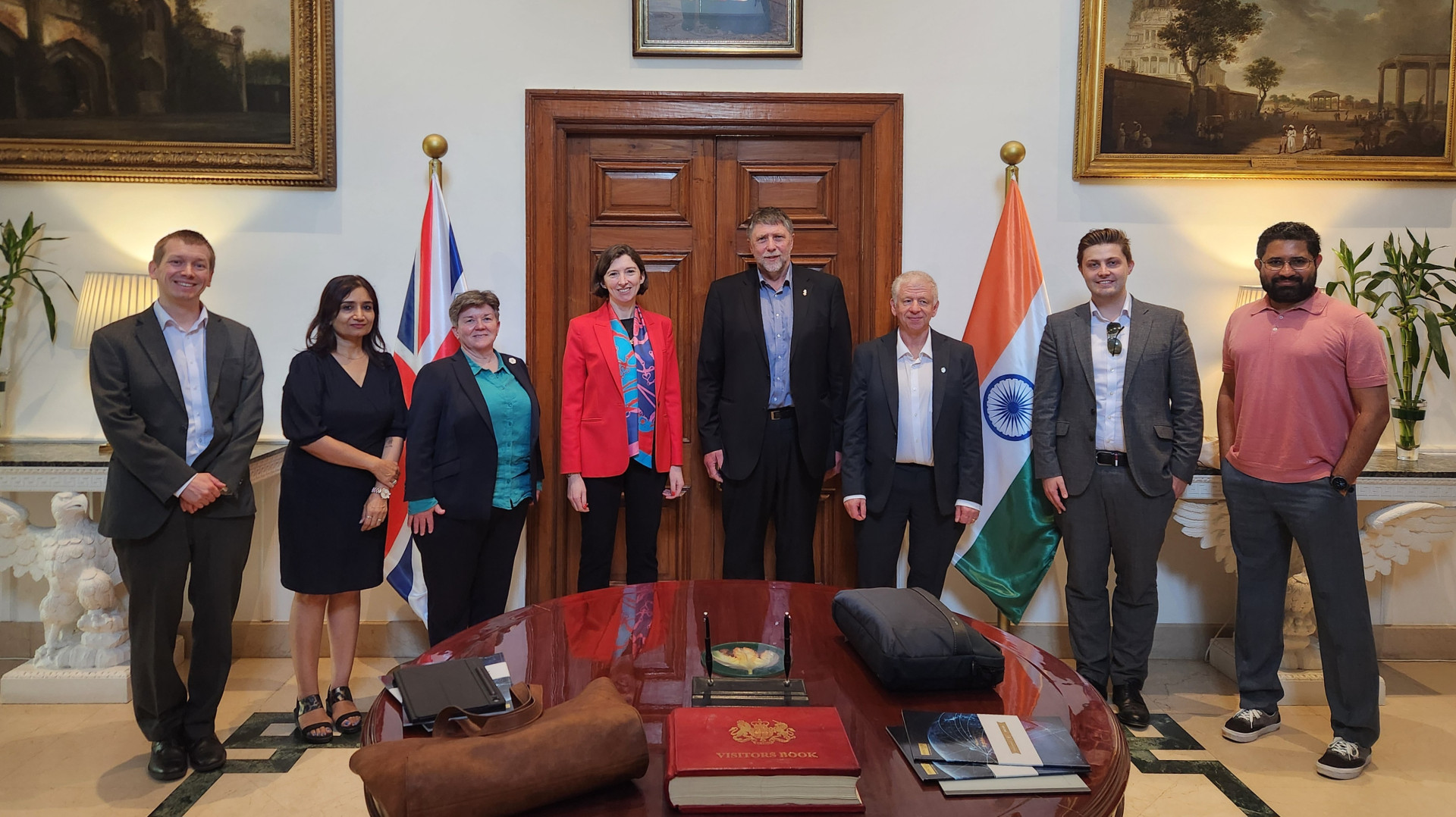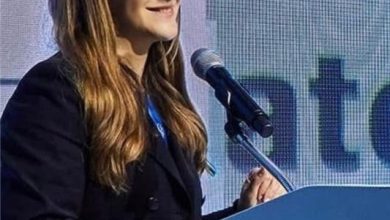National Graphene Institute to play key role in UK-India Technology Security Initiative

The National Graphene Institute (NGI) at The University of Manchester has been identified as a key stakeholder in the UK-India Technology Security Initiative (TSI) following its announcement on 24 July.
Upon his visit to India, Foreign Secretary David Lammy met Prime Minister Narendra Modi and both governments committed to developing collaboration between The University of Manchester National Graphene Institute, the University of Cambridge Graphene Centre and the Indian Institute for Science Bengaluru Centre for Nano Science & Engineering on advanced (two-dimensional) 2D and atomically thin materials and nanotechnology.
The TSI will focus on boosting economic growth in both countries and tackling issues such as telecoms security and semiconductor supply chain resilience. For the University specifically, the collaboration will scope joint research ventures, facilitate student and start-up exchanges, and open access to world-leading laboratories and prototyping facilities.
The University of Manchester is already collaborating with a number of established partners in India, which has resulted in joint PhD programmes with the Indian Institute of Technology Kharagpur and the Indian Institute of Science, Bengaluru, which include a number of projects on 2D materials. The University is already immersed in the fields of Critical Minerals and Artificial Intelligence highlighted in the TSI, and hosted a UK-India Critical Minerals workshop in November 2023.
Lindy Cameron, British High Commissioner to India, said: “The UK-India Technology Security Initiative will help shape the significant science and technology capabilities of both countries to deliver greater security, growth and wellbeing for our citizens. We are delighted to have The University of Manchester play a key part in this, particularly in our collaboration on advanced materials and critical minerals.”
This year The University of Manchester is celebrating its bicentenary and it recently hosted a gala celebration in India at the Taj Lands End hotel Mumbai, attended by over 200 Indian alumni and representatives from our current and prospective partner organisations in the country. The University has also awarded honorary degrees to eminent Indian academic and industrial leaders including Professor C.N.R Rao and Mr Ratan Tata.
Advanced Materials is one of The University of Manchester’s research beacons, and the institution has a long history of innovation in this space. In 2004, the extraction of graphene from graphite was achieved by two University of Manchester researchers, Professor Andre Geim and Professor Kostya Novoselov, with their pioneering work recognised with the Nobel Prize in Physics in 2010.




